Berlinale 2023 Women Directors: Meet Frauke Finsterwalder – “Sisi & I”
Frauke Finsterwalder was born in Hamburg and studied film directing at HFF Munich. She previously worked at theaters and as a journalist. Her debut feature film, “Finsterworld,” received numerous international awards. “Sisi & I” is screening at the 2023...
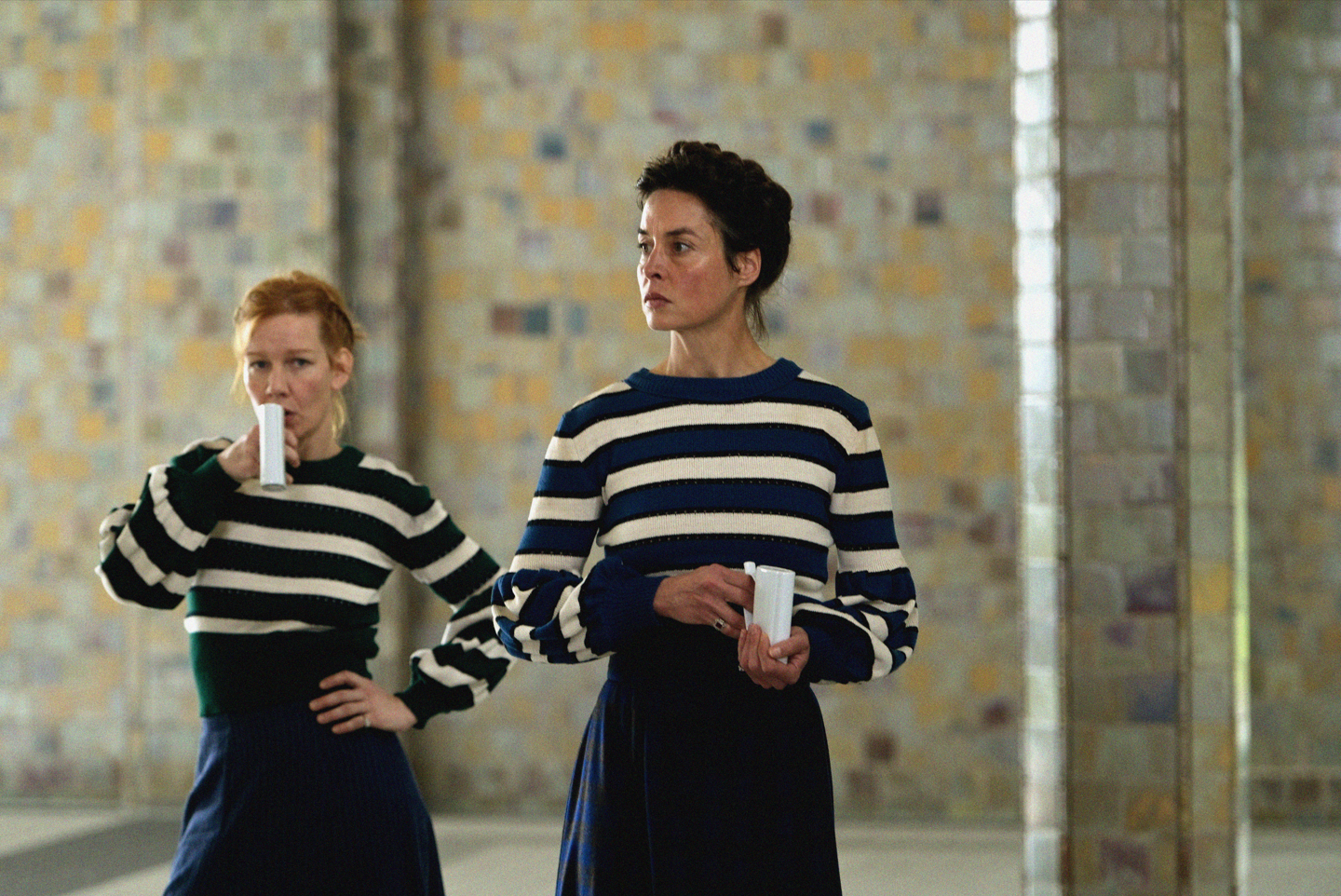
Frauke Finsterwalder was born in Hamburg and studied film directing at HFF Munich. She previously worked at theaters and as a journalist. Her debut feature film, “Finsterworld,” received numerous international awards.
“Sisi & I” is screening at the 2023 Berlin International Film Festival, which runs from February 16-26.
W&H: Describe the film for us in your own words.
FF: “Sisi & I” is a somewhat wild reinterpretation of the “Sisi” myth that isn’t really bothered by historical facts. It tells the fictional story of Countess Irma, who is starting a new job as the lady in waiting of Empress Elisabeth of Austria-Hungary, the biggest star of her times.
The film transports us to a sort of aristocratic commune in Greece, a world dominated by women. Irma and Sisi become close, but only as close as the Empress will allow. What starts off as sunny, playful, and at times rather silly film, set to a soundtrack by Nico, Portishead, and Le Tigre, unavoidably ends in calamity.
W&H: What drew you to this story?
FF: When I started thinking about Sisi as a character, the “Leaving Neverland” documentary about Michael Jackson had just come out. And due to personal experiences for me, the issue of the notion of grooming was central. This is how I began the story of Countess Irma. It is the aristotelian question: What is friendship? And why are friendships made? Out of sympathy? Out of love? Out of calculation? And what happens to friendship or love when the equilibrium of power is unbalanced?
W&H: What do you want people to think about after they watch the film?
FF: I hope that they will be transported into a different world, which for me is the true magic of watching a film on the big screen. It’s also the reason why I much prefer cinema to television.
And apart from some of the dark issues touched in the film, I hope people have fun watching it.
W&H: What was the biggest challenge in making the film?
FF: To finance the soundtrack! I wanted all these songs sung only by female voices. The music had been part of writing the story — they just had to be in the film. But the cinema rights for music are incredibly expensive. We just couldn’t afford them. In the end the producers begged people for money and – including some compromises – we did get most of what we wanted.
W&H: How did you get your film funded? Share some insights into how you got the film made.
FF: Generally speaking, financing the film was really quite easy and it happened extremely quickly, less than a year from first expressing the idea.
It was partly funded by the distributors and partly through public film funds in Germany, Switzerland, and Austria. I was actually surprised how much things have changed for female directors in that sense in the German-speaking world. With my previous film it was so much harder, if not almost impossible, to get investors to believe in me and I felt this had a lot to do with me being a woman. This time around it didn’t seem to matter.
W&H: What inspired you to become a filmmaker?
FF: I grew up without a TV as a child. I mainly read books and comics, made up my own stories, loved the theater. Any sort of escapism. At the age of six it was clear I wanted my job to be a storyteller, but I thought I would become a writer.
My first movie ever was Walt Disney’s “ Snow White.” I was seven years old. The evil queen disguised as a witch crawling up that hill haunted me. For weeks I couldn’t sleep at night. This was repeated after seeing Spielberg’s “Jaws” at the age of 13. For the longest time I was scared of swimming in water, pools, and even taking baths in bathtubs became a problem. I was so fascinated by the powerful impact of movies. I knew I was going to be a director.
W&H: What’s the best and worst advice you’ve received?
FF: Best advice: Don`t ever touch an insect: it might be poisonous.
Worst advice: You must learn to listen to authority.
W&H: What advice do you have for other women directors?
FF: Choose wisely who you work with. Only work with people who you actually like. This goes especially for the producers since you need to trust them completely and know that they trust you, but also for every other member on the team. I try to meet every single person who will be on set before starting the shoot to look them in the eye — to find out who they are and if I feel comfortable around them. Otherwise we can’t work together. This is pretty time consuming, but I want to make sure that everyone can feel safe on set. Especially women.
W&H: Name your favorite woman-directed film and why.
FF: It would have to be “The Hurt Locker” by Kathryn Bigelow. It’ s such an exciting, suspenseful, and immensely skillful film. It was groundbreaking for me at the time in terms of a female director directing a film that does not necessarily touch women subjects, and that would usually have been directed by a man. In that sense for me it is possibly one of the most feminist films of all times.
W&H: What, if any, responsibilities do you think storytellers have to confront the tumult in the world, from the pandemic to the loss of abortion rights and systemic violence?
FF: We are responsible since we have a voice. But for me this is not about social media activism, which is making you feel like you have done something when in fact you haven’t. I feel I have to be true to myself and to tell stories that are not trying to jump on any bandwagons. Stories that express a feeling of this moment and do not shy away from dark subjects, but also do not take themselves too seriously.
W&H: The film industry has a long history of underrepresenting people of color onscreen and behind the scenes and reinforcing — and creating — negative stereotypes. What actions do you think need to be taken to make Hollywood and/or the doc world more inclusive?
FF: I think it’s all about financing. I cannot speak about Hollywood, since the U.S. system is based on private money and things are way more difficult for directors in terms of casting or working with whomever they want to. Which they should! Agencies are so very powerful as well. In Europe it’s different because mostly everything is based on public funding. Of course I wish to have healthy partnerships, so I discuss things with my team. So over here it’s much easier to say no to certain things and to include people that might not be as experienced as others.
And things are changing rapidly. For example while working on the “Sisi & I” in Vienna I discovered how comparatively backwards things are over there when it comes to how women are treated in daily situations like on trains, in restaurants, in shops, on the street. But then again Austria now has a quota for women in public film funding. If you apply for money, I think something like 50 percent of the films receiving funds have to be directed by, photographed by, and produced by women. This might be difficult to fulfil since women are underrepresented in some of these fields, but it will hopefully lead to more women working in all fields of filmmaking so these quotas won’t be needed at some point anymore.

 Konoly
Konoly 







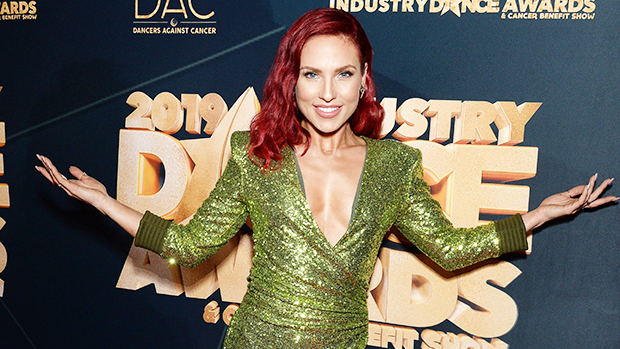
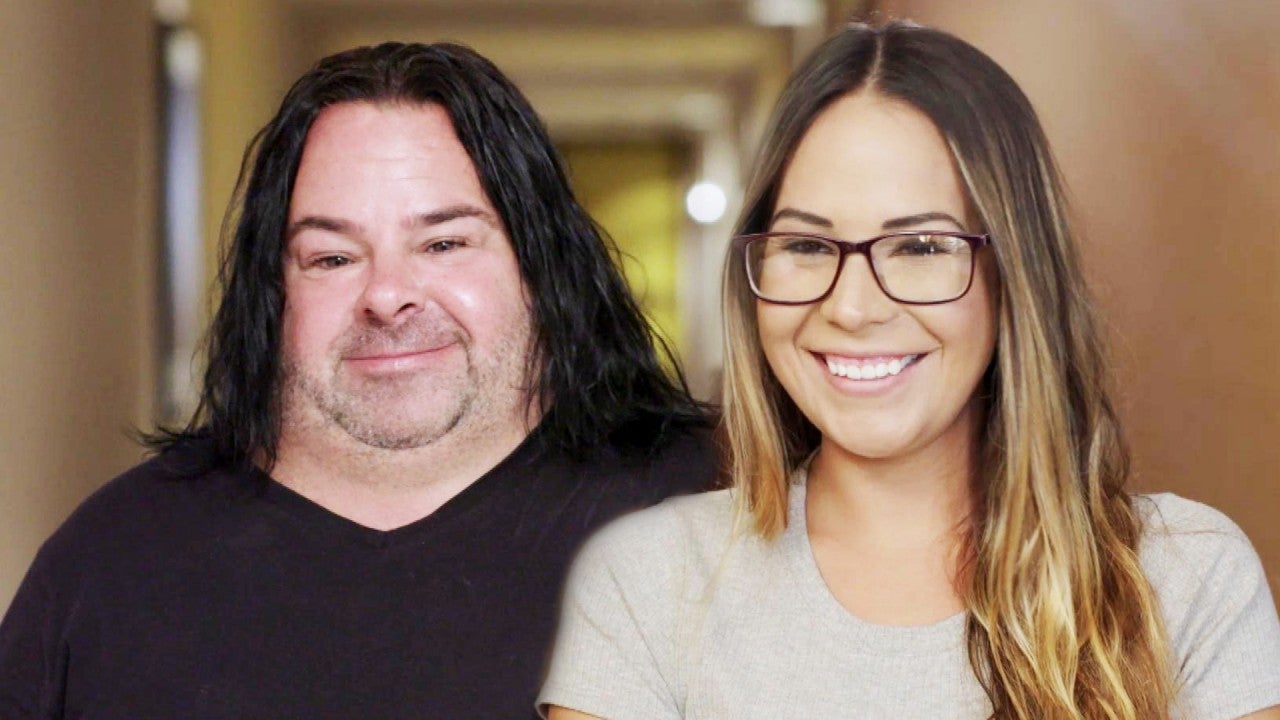
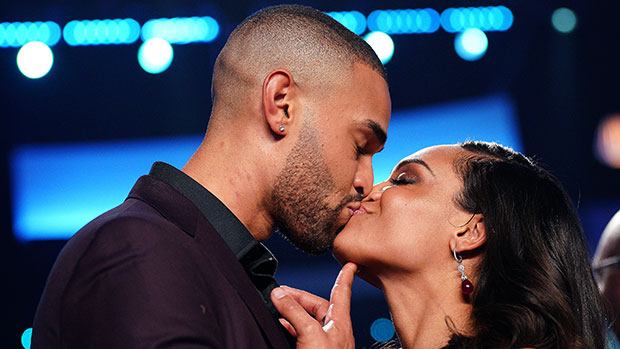
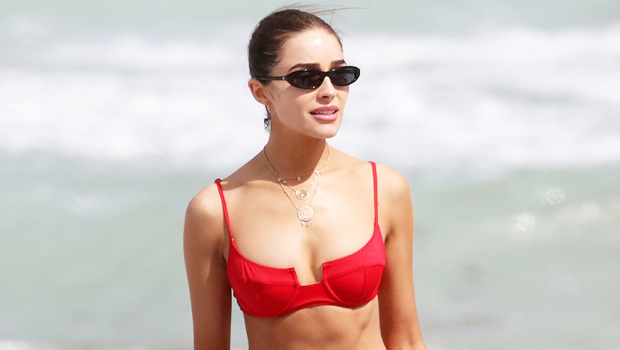
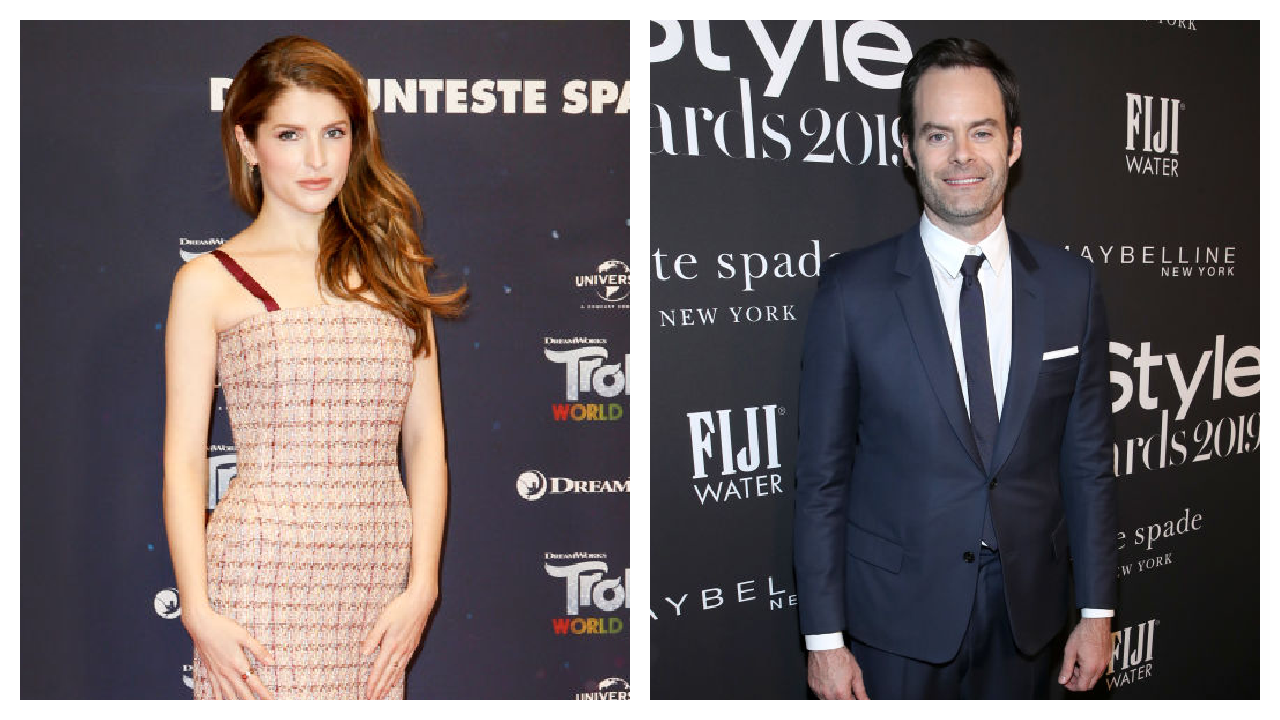
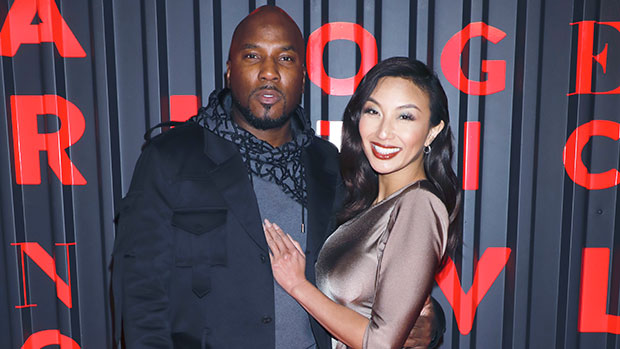



















![Is Your SEO Strategy Built for the AI Era? [Webinar] via @sejournal, @hethr_campbell](https://www.searchenginejournal.com/wp-content/uploads/2025/07/6b-240.png)